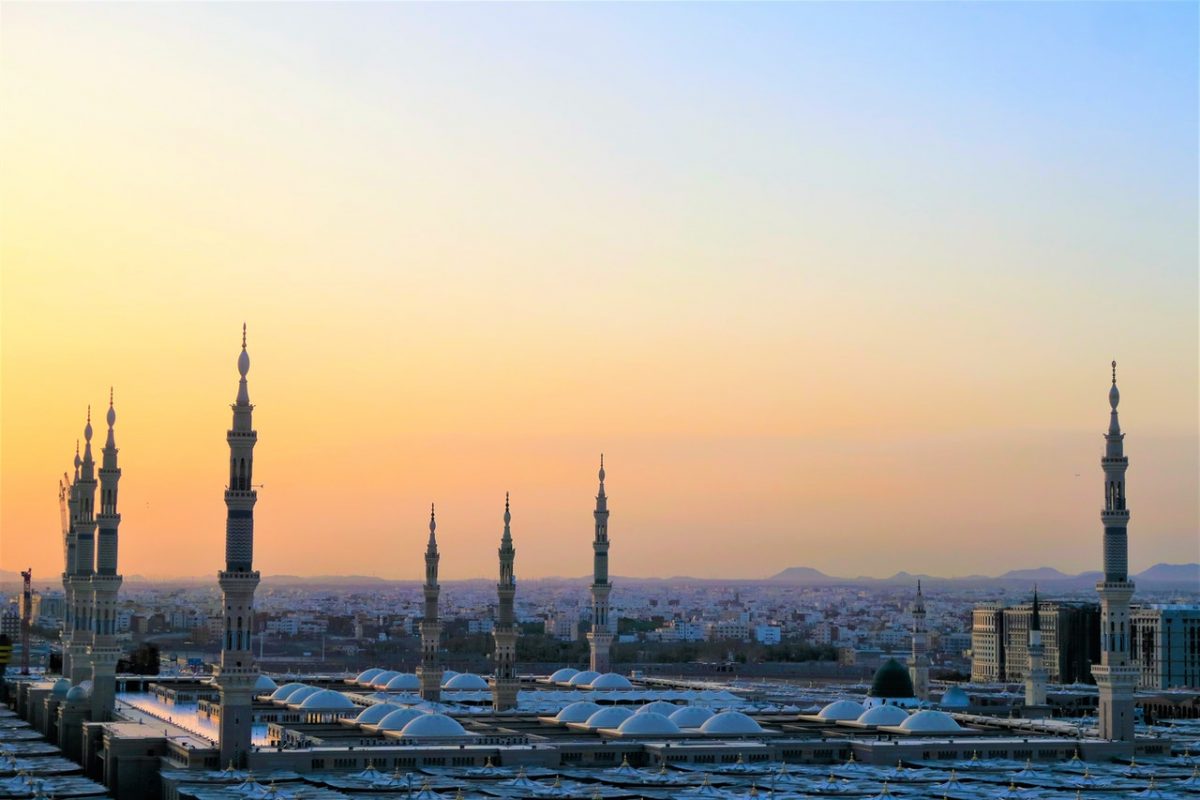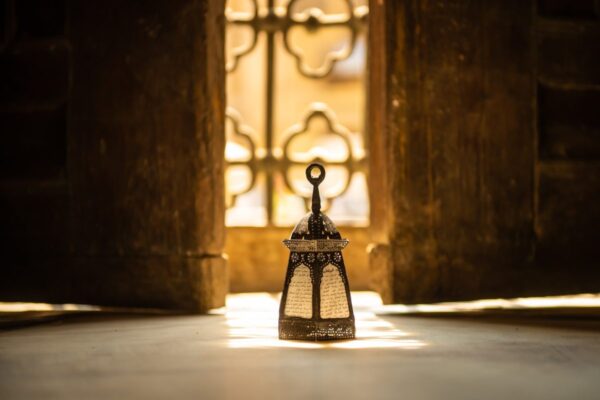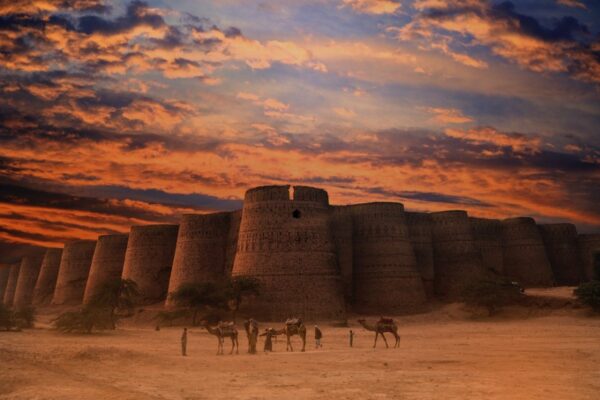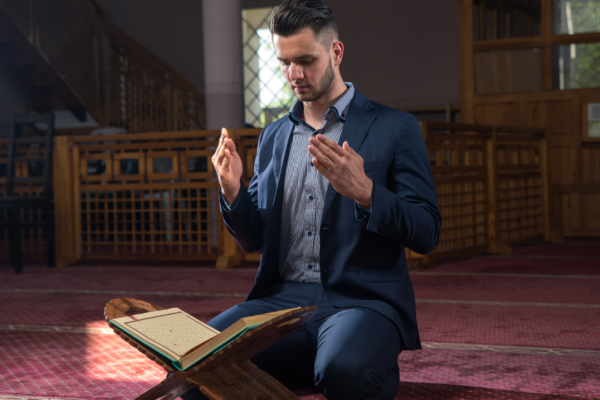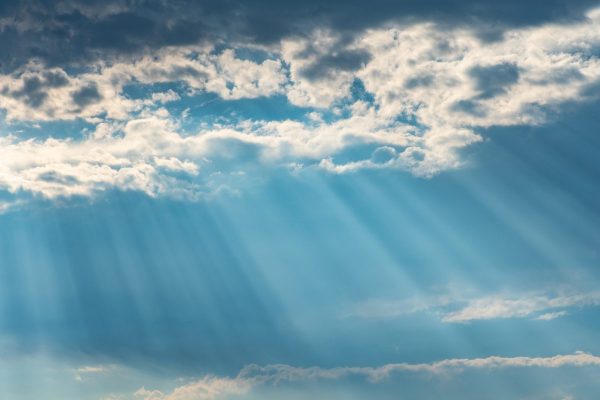If you want to understand Islam, it is essential to know what the 5 pillars are. Every Muslim has to do a number of things in life, also called the 5 pillars. But what exactly are the 5 pillars of Islam and what matters are involved? Read on below if you want to know everything about the 5 pillars of Islam.
Contents
What are the 5 Pillars of Islam?
As a Muslim, there are 5 things you should do in your life. These things are also called the 5 pillars of Islam. They are 5 pillars that stabilize and balance every Muslim, hence the name. Islam rests on all these 5 pillars together. The 5 pillars of Islam are:
- Creed (‘shahadah’)
- The daily prayer (‘salat’)
- Giving alms (‘zakat’)
- Fasting during Ramadan (‘saum’)
- The Pilgrimage to Mecca (Hajj)
The Creed
Every Muslim should recite the creed stating that there is only one God and that Muhammad ﷺ is his prophet. If you want to become a Muslim, the only step you need to take is to pronounce the Creed. You must do this in the presence of 2 other Muslim witnesses. You can also choose to make the creed for the Muslim community or for God. At birth, the creed is often whispered directly into the baby’s ear. The creed reads as follows: “I bear witness that there is no god but Allah and I bear witness that Muhammad ﷺ is his servant and messenger.”
The ritual prayers
As a Muslim, you are required to pray five times a day. In order to pray, you must first wash yourself and find a clean place. According to the Qur’an, obligatory prayer makes us sin less. In addition, prayer has a relaxing, calming effect on your body and soul (scientifically proven). Did you have to skip a prayer? Then you have to catch up later (as soon as possible).
Every Muslim is required to pray every day after reaching puberty. Muslims pray in the mosque, where women and men sit separately from each other. You should take off your shoes while praying and keep your head towards Makkah. The prayer times are as follows:
- In the morning (before sunrise)
- Afternoon (highest position of the sun)
- Afternoon (before the sunset)
- Early evening (after sunset)
- Evening (approximately 1.5 hours after sunset)
Giving Alms
In Islam, as a Muslim, you should contribute financially to the poor and less fortunate of the Muslim community. Almsgiving is also called poor tax or “zakat” (2.5% of your savings). The law states that you must lend a hand to the poor and sick, so that a small part of a Muslim’s annual salary is spent on alms. Almsgiving brings social classes closer together. For example, do you have 10,000 euros in savings? Then you have to give 250 euros to the poor.
Fasting during Ramadan
During the ninth month of the Islamic calendar, Muslims celebrate Ramadan. While fasting, you are not allowed to eat, drink, smoke, engage in sexual activities, swear et cetera .Thus you are doing a good deed and by not eating and drinking you learn the value of food. Not everyone has to fast. The elderly, the sick, children, pregnant or breast-feeding women, soldiers and travelers do not need to fast during Ramadan. Were you unable to fast properly due to circumstances? Then you have to make up for the missed days at a later time.
The Pilgrimage to Mecca
This concerns the pilgrimage to Mecca, also known as ‘Hajj’. Muslims should make the pilgrimage at least once in their lifetime, unless you don’t have enough money for it. Muslims go to the Kaaba. You are supposed to walk circles around the Kaaba 7 times. In order to complete the pilgrimage to Mecca, you must be mature and healthy, both on a spiritual and physical level. In addition, you must have the necessary facilities at your disposal. A woman may also participate in the pilgrimage provided she is accompanied by her husband or mahram.
The pilgrimage journey often starts in Jeddah and then heads towards Mecca. The Muslims should wash and put on suitable specially prescribed clothing. Everyone is equal, regardless of your financial status. Because of this, the poor and the rich are also dressed the same during the pilgrimage. The Muslims then go to Mina and later go to the Plain of Arafat to come to their senses. Here you actually experience what it is like on the Day of Judgment. At the end of the pilgrimage is the Feast of Sacrifice, during which good food is eaten together to celebrate the completion of the pilgrimage.
The Muslim community makes up a large part of the world’s population, which means that Islam is much bigger than people think. There are 5 pillars that are of great importance to every Muslim. As a true Muslim, you adhere to these 5 pillars as much as possible in your daily life, including praying, believing in Allah, charity, fasting and the pilgrimage to Mecca.

